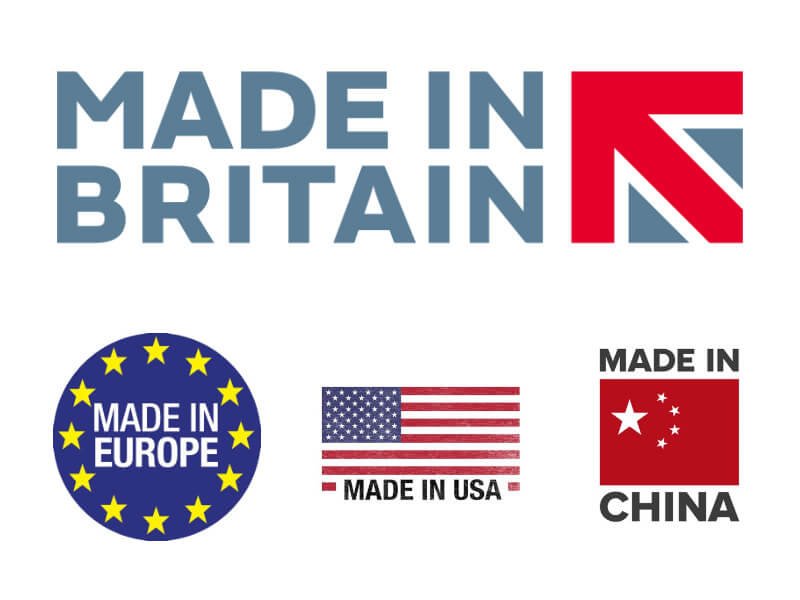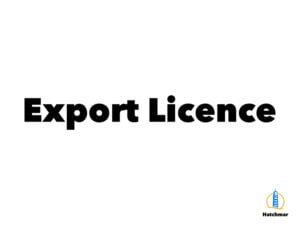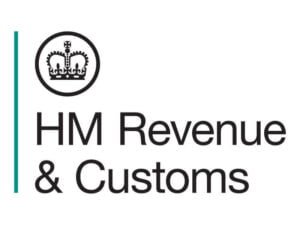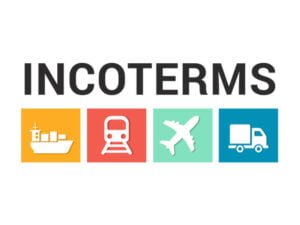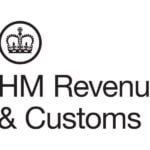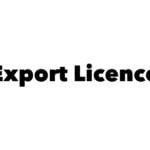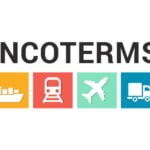INTERNATIONAL TRADE – RULES OF ORIGIN
There are rules for establishing the county of origin of imported and exported goods. You will need them to classify goods manufactured in more than one country.
As part of the EU-UK Trade and Co-operation Agreement, a specifically worded statement of origin on invoices needs to be used. This extract can be found in this link.
Defining the origin of goods
The rate of duty that must be paid on your goods will depend on three elements:
- The type of goods
- The country the goods are being imported into and
- Where they are judged to have originated from
The first step is to clarify the origin of the goods. Once you have determined the origin, you will be on your way to establishing whether an agreement is in place with the county or countries with which you wish to trade.
Where a trade agreement exists, you will need to check whether your goods qualify for any preferential treatment.
There are two main categories of origin in the rules:
- Goods wholly obtained or produced in a single country.
- Goods whose production involved material from more than one country.
This second category is the more complex as there are several criteria to consider – eg the origins of the materials, the country in which the final substantial production phase took place and the value the working and processing in each country has added.
If a product is manufactured entirely in GB and is exported to a country with which there is a GB trade agreement it may attract lower or nil rate of duty when it is imported into the destination country.
However, it some of the components manufactured outside GB are added, and the product is assembled in another country, it may be judged that the product originates from the country where it is assembled. The duty requirement will depend on the arrangements between the country in which the product was assembled and the country into which it will be imported.
Tariff preferences
Once you have clarified the origin of the goods you are exporting or importing, you can find out if they qualify for preferential treatment under a tariff preference scheme.
There are two types of scheme:
- Autonomous or non-reciprocal schemes are only for imports into GB under the UK Generalised System of Preferences (UK GSP).
- Reciprocal schemes in relation to trade agreements signed by GB.
Ultimately, any preferential rate of duty will depend on there being preferential coverage for goods of that type between the importing and exporting countries.
Certificates of Origin may also be needed, which can be arranged through a Chamber of Commerce.
